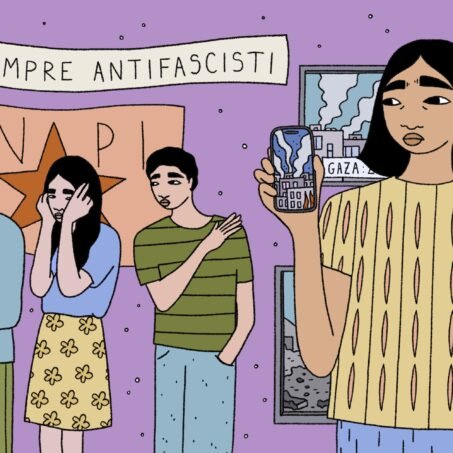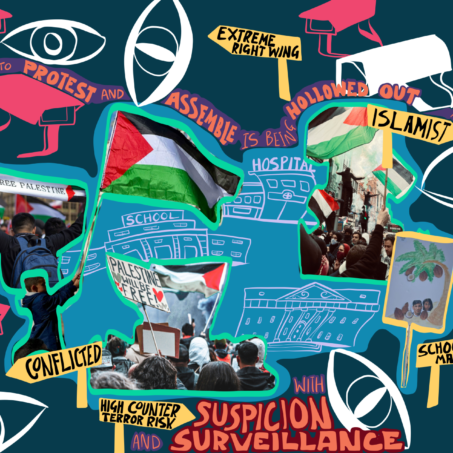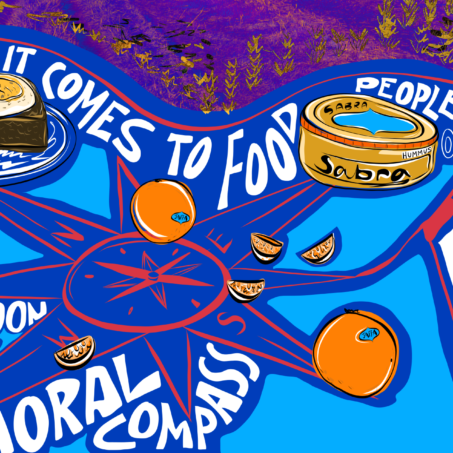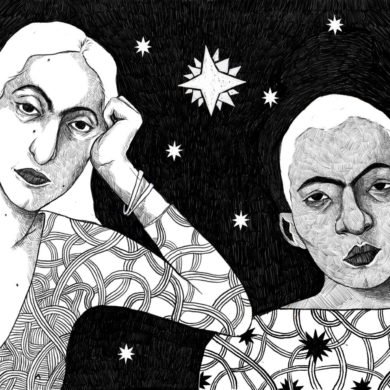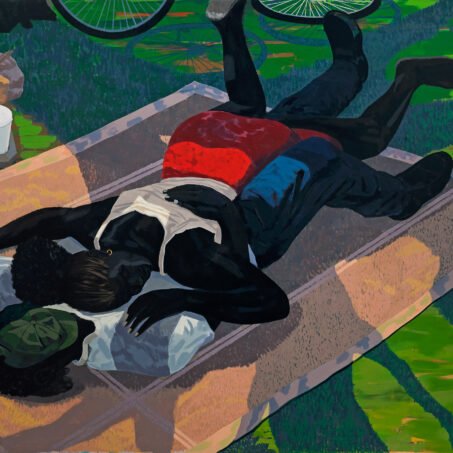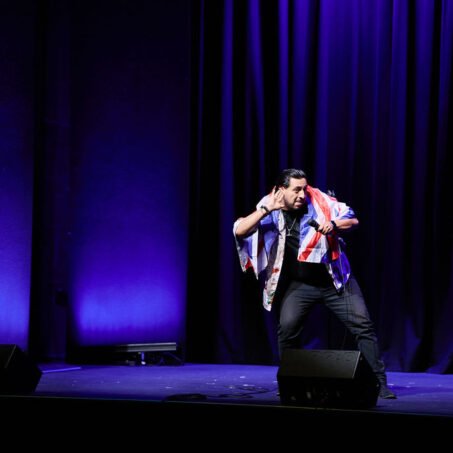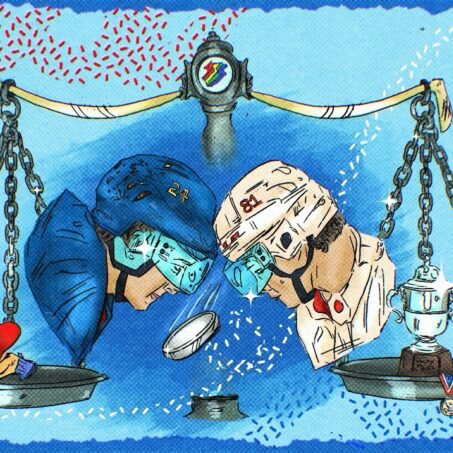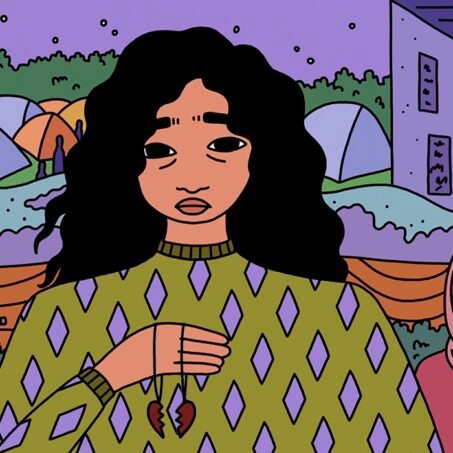“Cheer up, love – it may never happen!” Photojournalist Eliza Hatch has spent the last few years concocting the antidote to these poisonous words that most womxn have had hurled at them at one point in their lives. ‘Cheer Up Luv’ documents the images and candid stories of women who have experienced sexual harassment.
What we’ve always loved about Eliza’s brilliant project is that it started at home. She began by photographing friends who had experienced catcalling and other forms of public sexual harassment and microaggressions. Since then, she’s taken Cheer Up Luv to the US, Mexico, Tokyo and, in partnership with the UN, Sri Lanka. In its capital of Colombo, Eliza’s images adorned bus stops and peppered social media feeds; a radical project in the context of the stigmatisation of sexual assault.
Through documenting these global stories of misogynistic mistreatment, Eliza has created a uniquely safe yet public forum where women can reclaim the spaces where they were previously harassed and rewrite the narrative on ‘victimhood’. Cheer Up Luv is not about man-shaming – in fact, it doesn’t have anything to do with men at all. It’s about empowering women and returning their agency in the aftermath of abuse.
Catcalling is not a compliment – and Eliza is here to call back to each and every one.
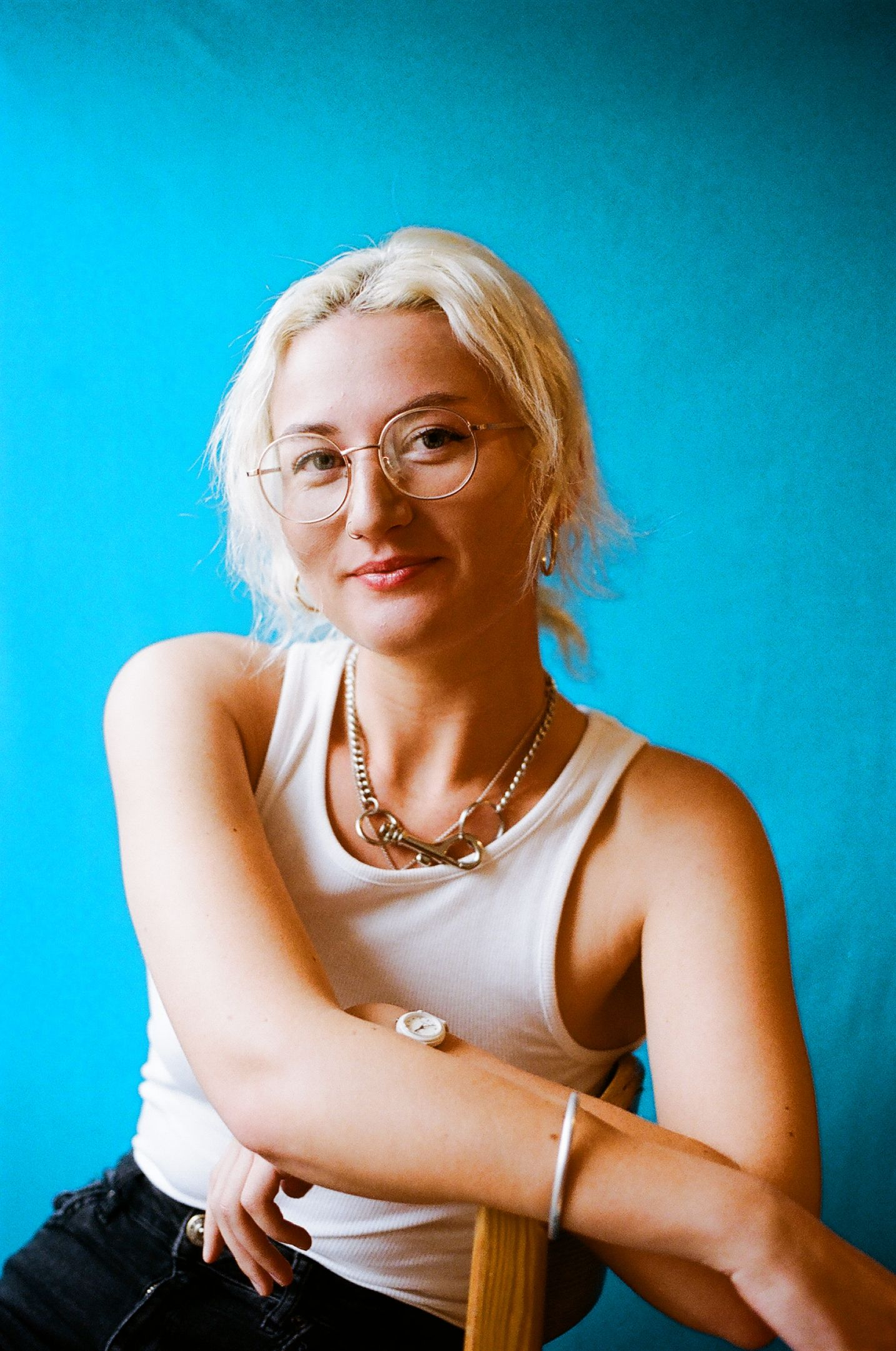
What does change look like in your industry?
I am a photographer and activist, and my work revolves around highlighting issues that affect women and girls around the world, such as shining a spotlight on sexual harassment through my campaign, Cheer Up Luv. When it comes to advocating for women’s rights, we have made a lot of progress in the past few years, but the battle is no where near over. Around the world, 1/3 women will experience sexual violence in their lifetime, and 55% of women have experienced sexual harassment sine the age of 15 in the EU alone. To change these stats, we need nations and governments to come together to address this, and implement strategies, funding and education to eliminate violence against women and girls. I recently attended the ICPD 25 Nairobi Summit, which was a conference marking 25 years since 179 governments come together and made a commitment to empower women and girls for their sake, and for the benefit of their families, communities and nations. 25 years later, we reconvened to see how much progress has been made in the way of progressing women’s rights around the world, and making further commitments of what still needs to be done. As it turns out, there is A LOT of work left to do, and it’s time to put the pressure on.

What changes are you contributing to in your work?
My photo campaign Cheer Up Luv revolves around giving women a platform to share their stories and their voices to be heard. I do this by interviewing women about their experiences of sexual harassment and photographing them in the place that it happened. The photos and accompanying stories are then shared on my Instagram and website. The process of what I do serves both as educational, in raising awareness about sexual harassment, and as empowering, with women taking ownership of their stories and their past. In 2018, I partnered with the United Nations Population Fund and launched a campaign during the 16 Days of Activism, to raise awareness about sexual harassment on public transport in Sri Lanka. We photographed, interviewed and filmed 16 different women about their experiences, and published a different one every day during the 16 days as past of a huge social media and online campaign. Each women has a written and filmed interview, photograph and film which was published every day on Facebook, Instagram, Twitter and the site we created: unfpa.org/16stories. The campaign was viewed by more than 9 million people and won a Webby for best Individual Editorial feature.
As well as rolling out the campaign online, we thought it was important to bring the campaign offline too. So during the week of International Women’s Day, we created a dome like exhibition space outside Colombo Town Hall, and showed the photos, films and interviews in the space, hosting interactive bystander intervention workshops and self defence classes, as well as speaking to school children and bus drivers about how to spot and intervene when you see harassment happening.
As well as the activism I do through my photography, I also travel to schools, universities and workplaces to raise awareness about sexual harassment by giving lectures about my work.
What are some of your biggest successes in 2019?
I think one of my biggest successes in 2019 was definitely the offline Sri Lanka campaign that we rolled out for International Women’s Day. I am also extremely proud of winning a Webby and speaking about my work at Cambridge University. But on a more personal level, I would have to say my biggest success this year has been applying for and obtaining my 0-1 Artist Visa and moving to New York!
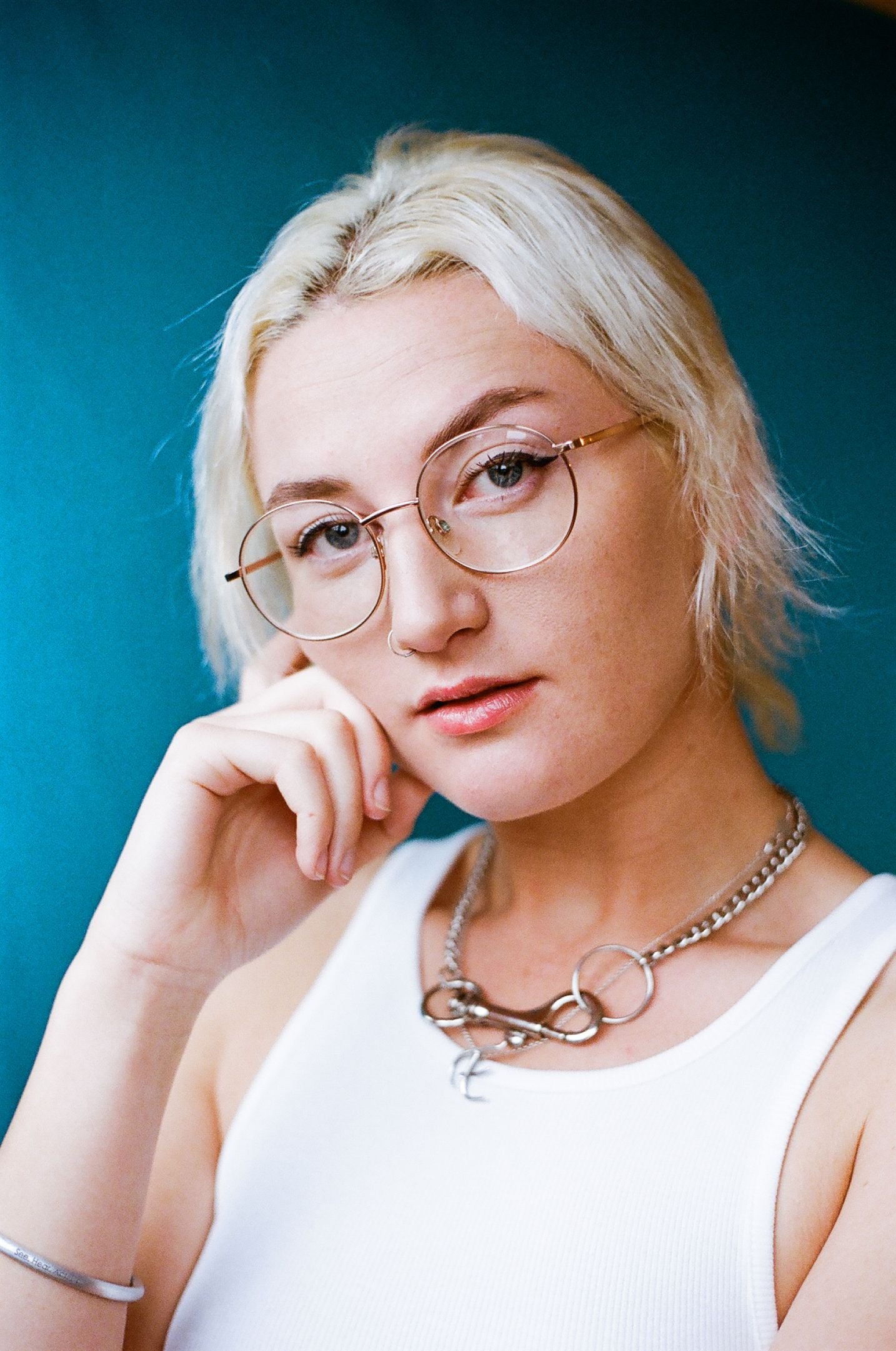
What is the importance of grassroots activism in implementing change at a higher and broader level?
Grassroots activism is as important as large scale organisations, NGO’s and governments in in implementing change. Some of the biggest movements have been started and inspired by youth activists, using only the tools of Social media to harness hundreds and thousands of peoples attention from all around the world. Just take a look at Greta Thunberg, a 16 year old girl who sat outside her parliament and has since got the entire world and youth striking and putting climate change into the foreground. This also goes for Gina Martin, who used social media to collect stories of Upskirting, and used it to get people to sign her petition, and then eventually went on to change the Law.

What’s next? What are your goals for 2020?
My goals for 2020 are to establish myself and my activism in New York, by continuing my work with Cheer Up Luv and partnership with the United Nations, and to go to more countries to retell women’s stories, and to continue to give women platform to speak out. Something I would like to see happen in 2020 in the UK, is for street harassment to be made illegal, just like they did in France! If you also would like to see this change, go and sign Maya and Gemma Tutton’s petition to make this happen!

Interview carried out by Hannah Robathan and Isabella Pearce, co-founders of shado


